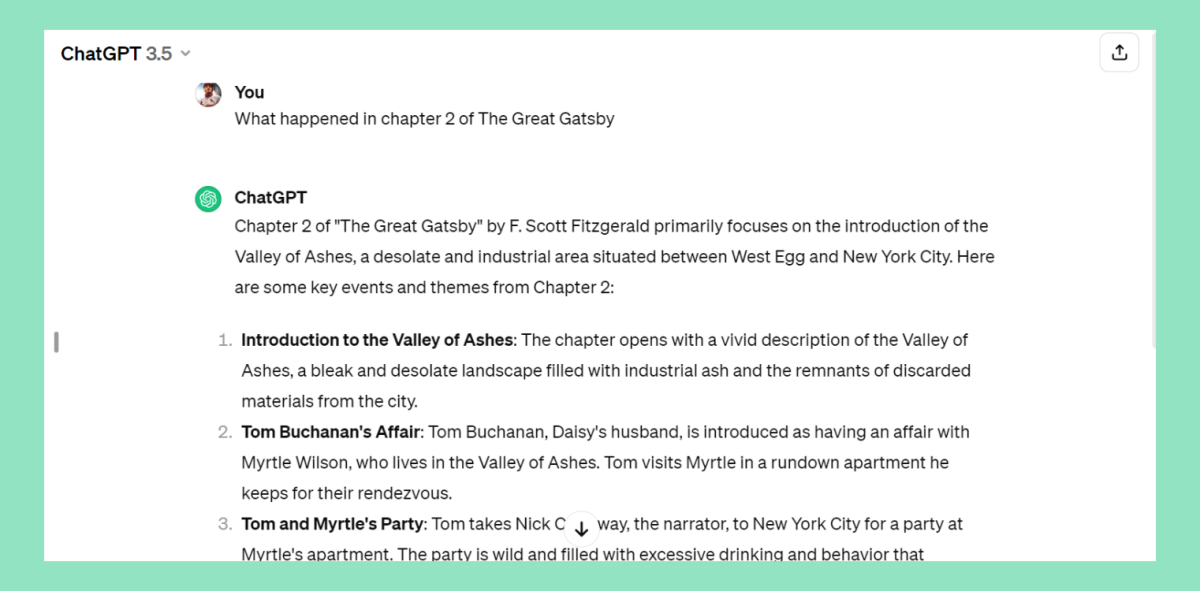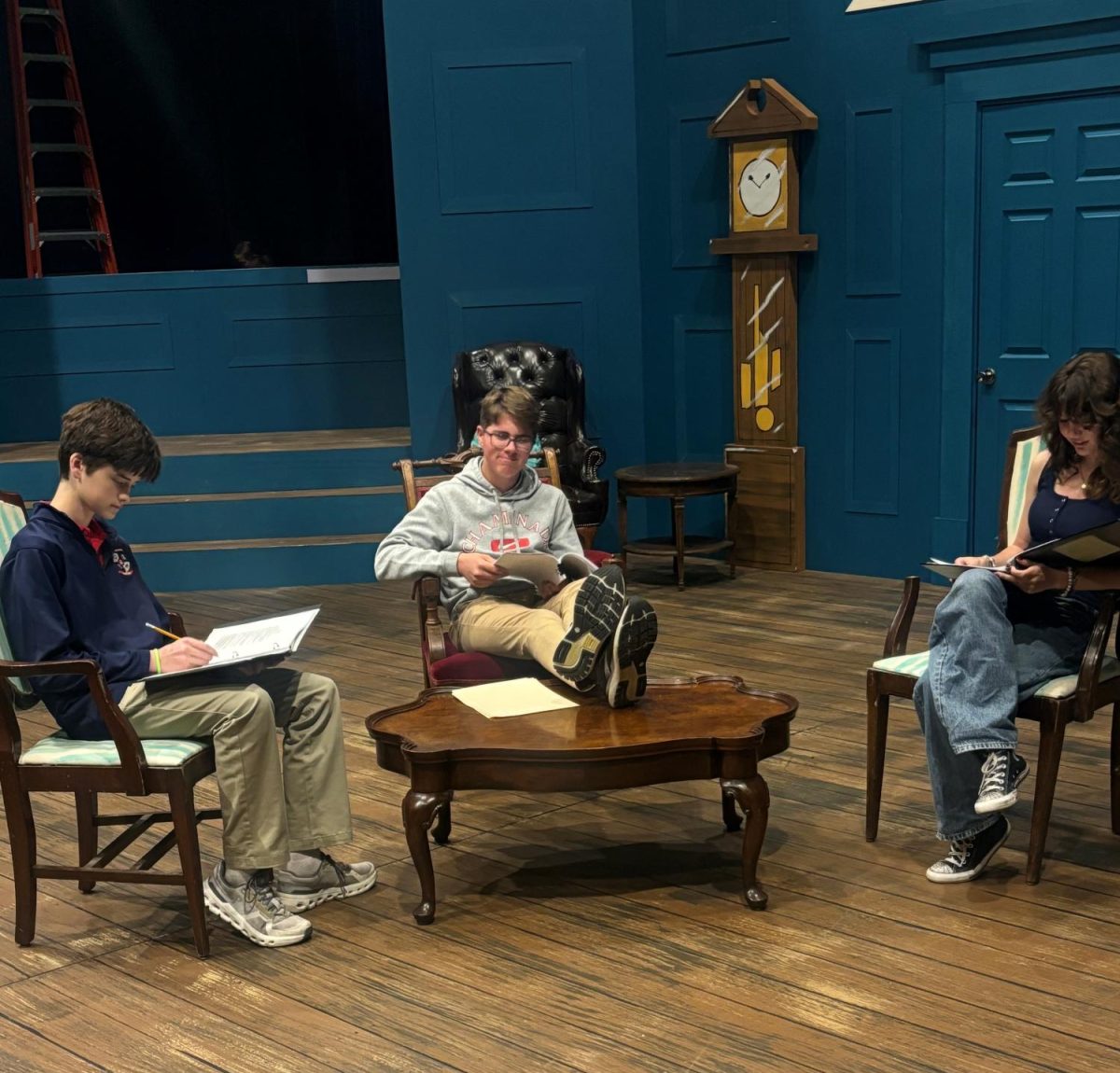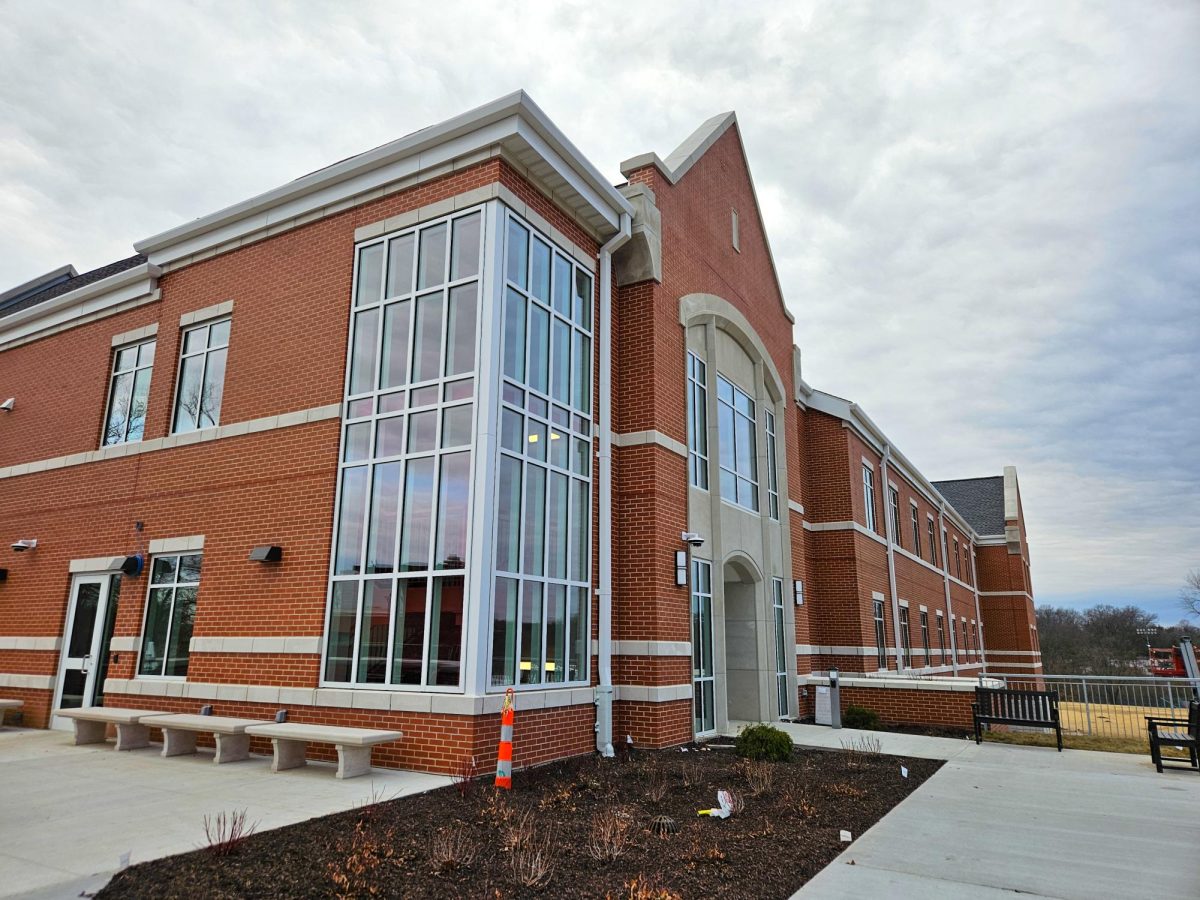The newly found AI generator is the new and most significant problem facing Chaminade students. This innovation has created a struggle in academic honesty across all grade levels. Many Teachers have seen this as a problem and realize the temptation students have to use this when they are struggling or behind in assignments. As a Student, I experience the temptations that come with AI.
When I first came along, AI generators was scrolling through TikTok right before Christmas break with many other students. Students used it for what felt like “ busy work,” which many believed was fruitless. Many teachers didn’t know what this was yet, but a few didn’t know how to detect it.
The next few months after the creation of AI generators, detectors would soon follow as well. Many students would get caught using AI but then find new ways around these detectors. After constant conflicts between students using AI, teachers realize that instead of trying to stop the use of AI, they should redirect the use of AI.
In my experience, this “redirection” process has resistance on both sides. With this redirection process, I thought I was using AI correctly; he described how to use it but deducted points from my assignment.
There are many ways that teachers approve of using AI. Many students use AI to give them an outline for essays, to fit transition sentences in their essays, and to use AI for synonyms.
The future of AI will likely be short-lived. Teachers have now recognized the difference between Student-written and AI-generated text. Many tools are free access to teachers to detect AI, but most don’t need the tools to identify the use of AI.
Overall, AI is the newest and most significant problem for Chaminade students. Using AI when behind or struggling with work is very tempting, creating a dilemma that students have to deal with.
Below is an article on a very similar topic, written by ChatGpt 3.5.
Title: Balancing the Scale: AI’s Role in High School Education
As a high school student in today’s tech-driven world, I’m grappling with the impact of artificial intelligence (AI) on our education system. On one hand, AI holds promise in providing tailored learning experiences and expanding access to resources. But on the flip side, concerns about privacy, fairness, and the diminishing role of human interaction loom large.
AI offers personalized learning experiences, adapting to individual needs and learning styles. It can provide real-time feedback and offer customized learning pathways, which can be a game-changer for students with diverse needs. Additionally, AI has the potential to bridge educational disparities by providing access to quality resources and support, especially in schools with limited resources.
However, the ethical implications cannot be overlooked. AI’s collection and analysis of student data raise concerns about privacy and surveillance. There’s also the risk of widening the gap between privileged and marginalized students if access to AI technologies is uneven. Furthermore, while AI can offer personalized instruction, it lacks the empathy and emotional support that human teachers provide.
Finding the right balance is crucial. AI has the potential to enhance education, but it must be implemented ethically and equitably. We need to ensure that student privacy is protected and that AI complements, rather than replaces, the role of human teachers. By navigating these challenges thoughtfully, we can harness the power of AI to create a more inclusive and effective education system for all students.








